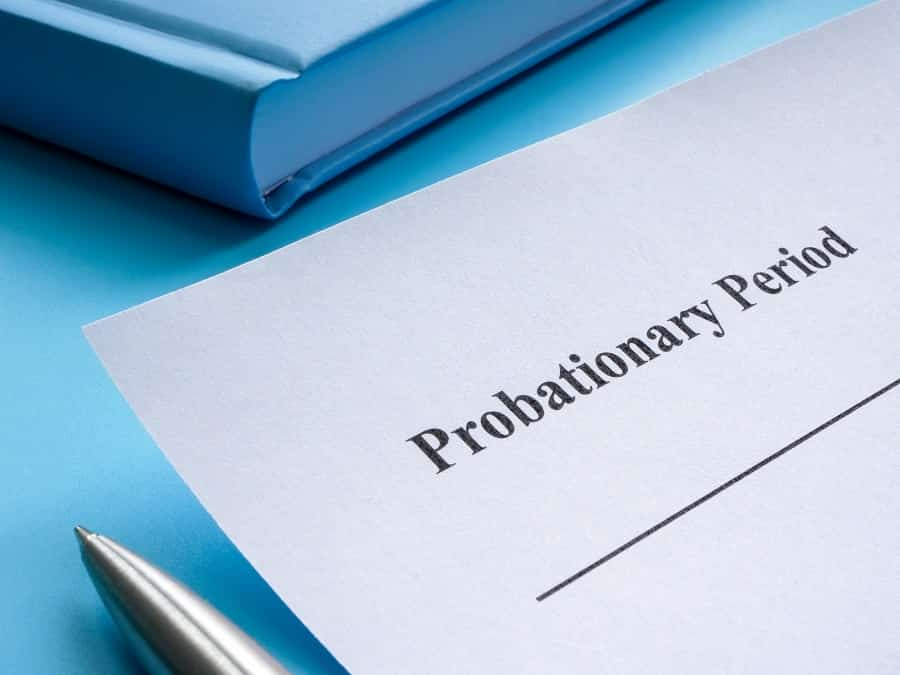Probationary Period
A probationary period in the context of UK employment contractual agreements refers to an initial period during which an employee’s performance, conduct, and suitability for the job are closely monitored and evaluated by the employer. This period allows both the employer and the employee to determine whether they are a good fit for each other. Here are the specifics:
1. Purpose of a Probationary Period:
- Assessment: It gives the employer a chance to assess the new employee’s ability to perform their duties, adapt to the workplace culture, and integrate with colleagues.
- Training: Allows employers to provide necessary training and evaluate how well the employee picks up skills and knowledge.
- Feedback: A mechanism for employers to provide structured feedback to the employee, helping them understand areas of improvement and expectations.
- Flexibility: Generally, it’s easier (from a procedural point of view) for an employer to terminate the employment of someone who’s still in their probationary period than an employee who has completed it.
2. Timescales:
- The length of a probationary period varies based on the nature of the job and the employer’s policies. However, they typically last between 3 to 6 months. Some roles, especially senior positions or those requiring specialised skills, might have longer probationary periods.
- It’s important to note that the duration of a probationary period should be reasonable and proportionate to the role and responsibilities.

3. Extension of Probationary Period:
- An employer might choose to extend the probationary period rather than make a decision to confirm or terminate employment. This could be due to reasons like:
- The employee has shown potential but hasn’t fully met the required standards.
- There has been insufficient opportunity to assess the employee’s performance due to unforeseen circumstances (e.g., absence due to illness).
- Any extension should be based on legitimate business reasons and should be reasonable.
- The ability to extend, and the terms under which an extension might occur, should ideally be outlined in the initial employment contract to ensure transparency and fairness.
- Before extending, the employer should have a discussion with the employee, explain the reasons for the extension, and set clear expectations for the extended period.
- An employer might choose to extend the probationary period rather than make a decision to confirm or terminate employment. This could be due to reasons like:
4. Rights during Probation:
- It’s crucial to understand that employees still have statutory rights during their probationary period. For instance, they’re entitled to the statutory minimum notice period, protection against discrimination, and pay for the work they’ve done, among other rights.
5. End of Probation:
- At the end of the probationary period, the employer should conduct a review and either confirm the employee in their post, extend the probationary period (if allowed by the contract and if necessary), or terminate the employment.
- If terminating, it’s important to follow a fair process, including providing valid reasons for the termination and, if applicable, following any dismissal procedures outlined in the employment contract.
In conclusion, while probationary periods offer employers flexibility in assessing new employees, they should be implemented fairly, transparently, and in accordance with UK employment laws. If an employee feels they have been treated unfairly during or after their probationary period, they might seek advice or assistance from a union.



